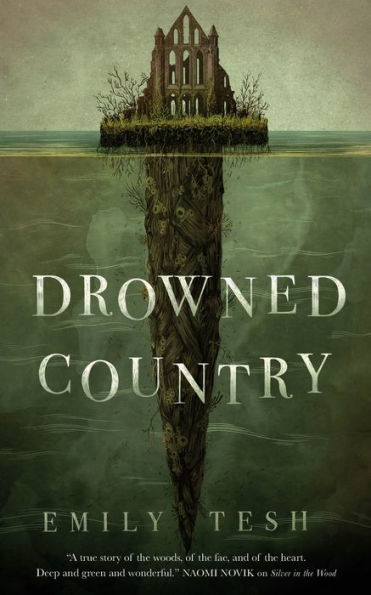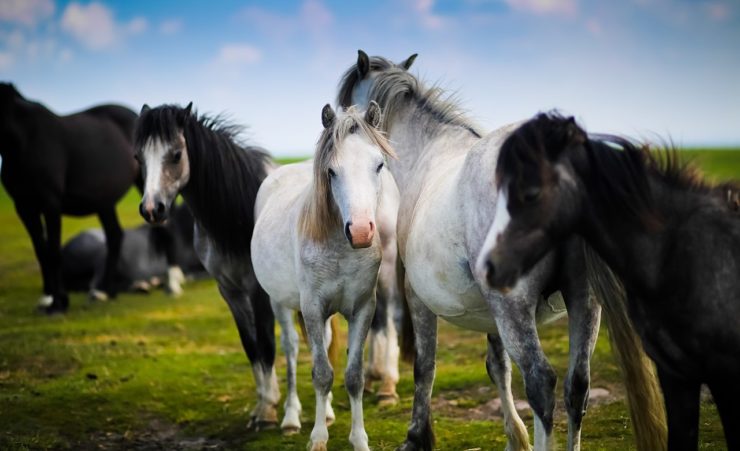If there’s one thing horses do for humans, it’s teach them things. Sometimes in the sense of Learning Experiences, i.e. School of Hard Knocks (and Falls and Crashes and Financial Disasters), but many times in the sense that if a human studies the horse, she can learn a great deal about how to live and let live. It’s always been true, but in this time of global pandemic and universal fear and all-around awfulness, it’s more relevant than ever.
Lessons like, for example:
Cooperation. Horses are herd animals. They’re designed to be born and live and die in groups. Individuals have their own personalities, very much, and can and will take care of their individual needs and status early, often, and sometimes with prejudice, but the herd’s needs will, in the end, trump the needs of the individual. The herd travels as a unit, shifting and evolving within that unit but maintaining its overall integrity as it moves around its range in search of food, water, and protection from marauders.
Individuals will cooperate, too. “Me first” is by no means an alien concept, but friends and family members share choice bits of grazing, protect each other from predators, groom each other, or stand head tail to switch flies off one another’s faces.
Social distancing. Being in a herd doesn’t mean the horse needs to be in her sister’s space. There’s plenty of Keeping Distance going on—enforced, if necessary, with teeth and heels and whirling fury.
Flexibility. If you’re built like, basically, a coffee table, with a leg at each corner, you’re not really designed to flow like a cat, let alone to curl up like one. But that needn’t stop you. You can use your conformation to its best advantage, and if you have an itch, that long head and long neck can be very useful for reaching parts of you that might otherwise not be accessible.
Buy the Book


Drowned Country
Same applies to mental flexibility. A horse who can’t get the food, freedom, or mate he wants may pace and fret and stage a dramatic meltdown, but the well-adjusted and socially ept horse often cultivates an air of Zen calm. Can’t get it? Sigh, shake off the dust, wander off. Find something else that will do as well. Good things come to those who wait. Those who fret just waste energy and calories that could better be saved for keeping warm on cold nights, or for eluding predators intent on a meal of horseburger.
Finding your bliss. Horses, it’s said, live in the moment. I think that’s overly simplistic, but they certainly have the art of being literally and completely present. Nothing on earth is happier than a horse buried to the ears in a barrel of good-quality hay, or one having a fine time drinking All The Water and splashing it all over everybody within a twenty-foot radius. And certainly there is nothing like a good, long, all-over, both-sides roll in a nice soft dust wallow. Especially if you’re wet first. And can get up all crusty and ready for a good, solid shake that sends pieces of mud flying everywhere. Life is good, says the horse. Give it everything you’ve got, and you’ll get back everything it has to give.
Keeping your back to the wind. If it’s blowing up a storm, especially a wet or a snowy one, the best thing to do is put your head down and face your butt into it and let it roll over you. If you’re in the herd, the herd makes a circle and the weak or the high-status horses get the middle, and the rest make a windbreak. And that’s cooperation, but it’s also a solid way to cope with adversity. Wait it out, then when it’s over, shake yourself off and get back to the business of eating, drinking, and living.
Sometimes you just gotta move. Wind’s up? Moon’s full? Hormones are running? Dance! Runlikemad, leapintheair, FLY!
But safely. Without getting too close to anybody else unless she wants you to. Moving as a unit, but scrupulously apart. Being together without being on top of each other.
And when it’s all over, remember to Relax. Sleep. Enjoy your rest. It’s good for you. You’ve earned it.
Judith Tarr’s first novel, The Isle of Glass, appeared in 1985. Since then she’s written novels and shorter works of historical fiction and historical fantasy and epic fantasy and space opera and contemporary fantasy, many of which have been reborn as ebooks. She has even written a primer for writers: Writing Horses: The Fine Art of Getting It Right. She has won the Crawford Award, and been a finalist for the World Fantasy Award and the Locus Award. She lives in Arizona with an assortment of cats, a blue-eyed dog, and a herd of Lipizzan horses.










